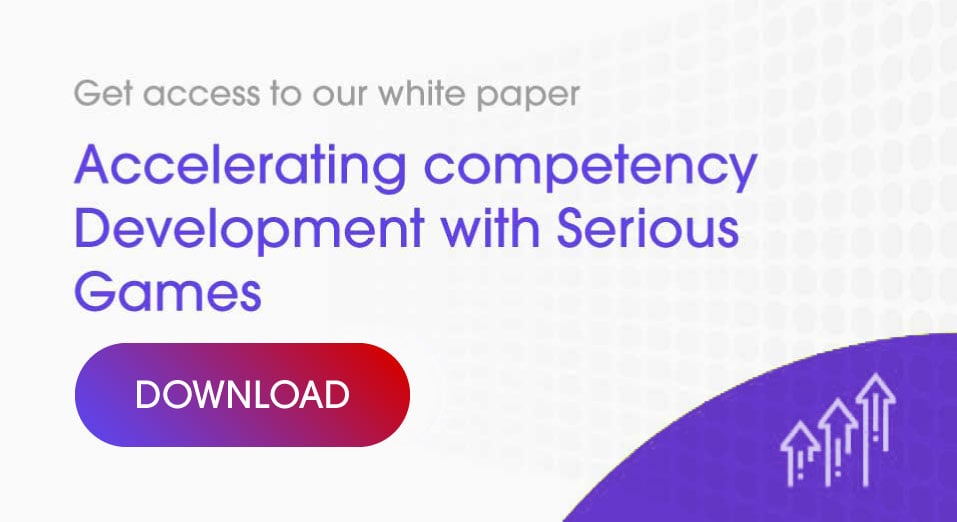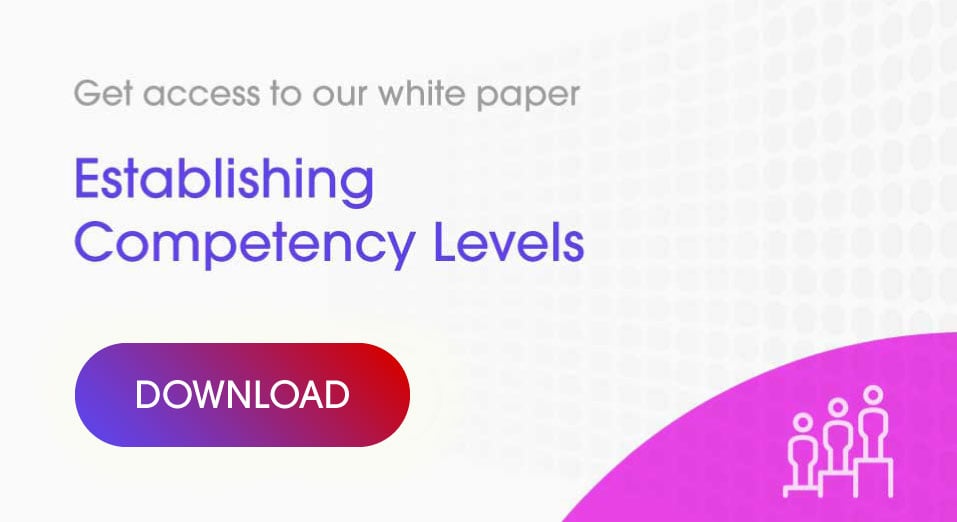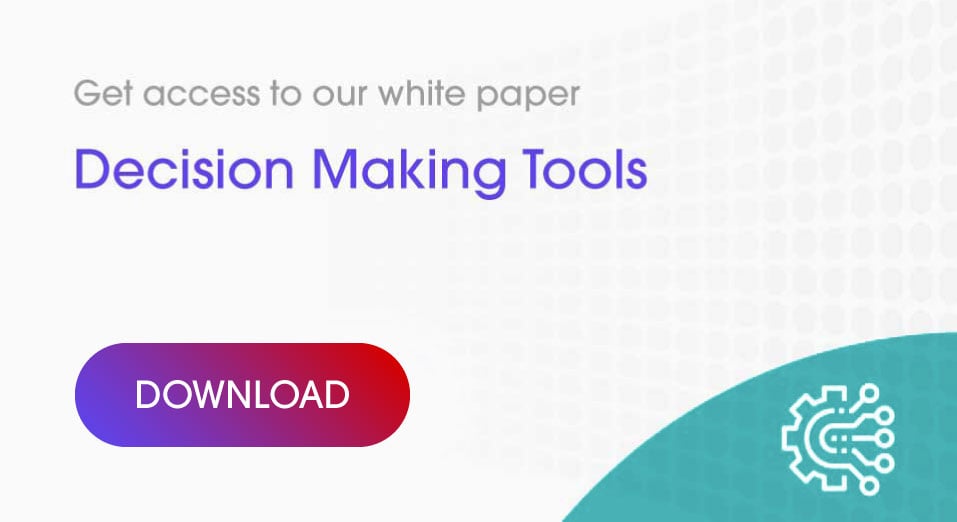Selling in pharma | As members of modern society we are spending so much more time using digital communication channels and devices and information is being processed rapidly. Our need to talk to other connected human beings seems to be on the rise, however, talking fast and furiously in verbal form or in text form, is also on the rise, and not actually very engaging or interesting for the other party. Often the ‘talkers’ are oblivious to the other party trying to get a word in and probably also oblivious to the fact that they have worn out their welcome.
An old Harvard study in 2012, revealed a clue - that talking about ourselves, triggers the same sensation of pleasure in our brain as food or money.
Listening is also hard because we’re often consumed with ourselves, says Hal Gregersen, executive director of the MIT Leadership Center.
Sales reps, are you talking or listening?
If your company has invested in rolling out a new and improved selling models in order to improve effectiveness, it more than likely included a good questioning technique to uncover the unknown needs of the customer, and to find the right place to position the products and services on offer.
Are your reps really asking good timely questions, so that the HCP reflects and talks about the target patients, or their prescribing habits? Or are your reps talking your HCPs ears off, trying to get as much out as they can in a shortest period of time?
Since this is not a new sales problem, it is safe to assume some are probably doing far too much talking and far too little listening. In fact, research from CEB indicated that often by the time the rep has arrived, the ‘buyers’ have already done their own research and already armed with information. So launching in to detailing the clinical research and product features and benefits is probably not adding any value and missing the clue that the customer already knows some information they have an opportunity to build upon it.
However, as long as they are talking, it makes it hard for the HCP to end the conversation. In the end, the sales rep has probably not added much value nor uncovered much from the customer. But… they can probably tick off their metrics to get their sales incentives in many cases.
Get the customer talking
This is not new stuff – listening is one of the most valuable skills a sales person can have yet it rarely in the curriculum in much depth. We tend to put more time into education on the disease, clinical benefits and presentation skills than listening skills. It is arguable just as important as speaking as we as human beings, want to be heard and understood and we reward people who provide us with these opportunities with trust and loyalty.
The customer needs to talk if you are going to be able to identify a need that you can solve.
How can your reps listen better?
For a quick deep dive and tips to better listening, consult Judith Humphries, Founder of the Humphrey Group, along with other experts, who have published several short articles on the topic on the Fast Company website, Humphries suggests there are 3 types of listening – physical, mental and emotional:
- Tune in and physically show it
- Use your head (be attentive)
- Feel it out (or emotional listening and indicating you understand)
Encourage your sales reps to ask the right discovery questions (not statements disguised as questions), that get the customer talking and to then listen strategically for any needs to clarify and repeat back. Get them to face the customer and have real eye contact. One can show they are listening with a nod or verbalised ‘I understand’. However, they should never interrupt. Paraphrasing a key point when appropriate can also show understanding.
Active listening means listening and not thinking about what is the next question or the content to be shown next.
Conversational intelligence
People often think they’re talking to each other when they’re really talking past each other. They carry on monologues, not dialogues. There is a biological explanation for this: when we express ourselves, our bodies release a higher level of reward hormones, and we feel great. The more we talk, the better we feel. Our bodies start to crave that high, and we become blind to the conversational dynamics. [Harvard Business review, 2012]
The other person however, probably feels rejected, de-valued, ignored and minimised, which then has the same neurological sensation as pain. Ouch! This is not what we intended and it has the consequences of a fight flight response. Developing conversational intelligence and being open minded and inquisitive, will yield more insights into needs and opportunities to partner with the HCP on achieving healthcare outcomes through the utilisation of your products and services.
Change the metrics to drive the right behavior
A final consideration - if your sales reps are incentivized on message delivery targets, then delivering those messages in every call is what they will aim to do. This does not encourage listening, but rather impactful telling. And telling is not selling.
---
If you are interested in our mobile learning solutions on digital channels, contact Actando.
The Actando Consulting Team







.jpg?t=1497452758473&width=850&name=Untitled%20design%20(34).jpg)
.jpg?t=1497452758473&width=850&name=Untitled%20design%20(32).jpg)





